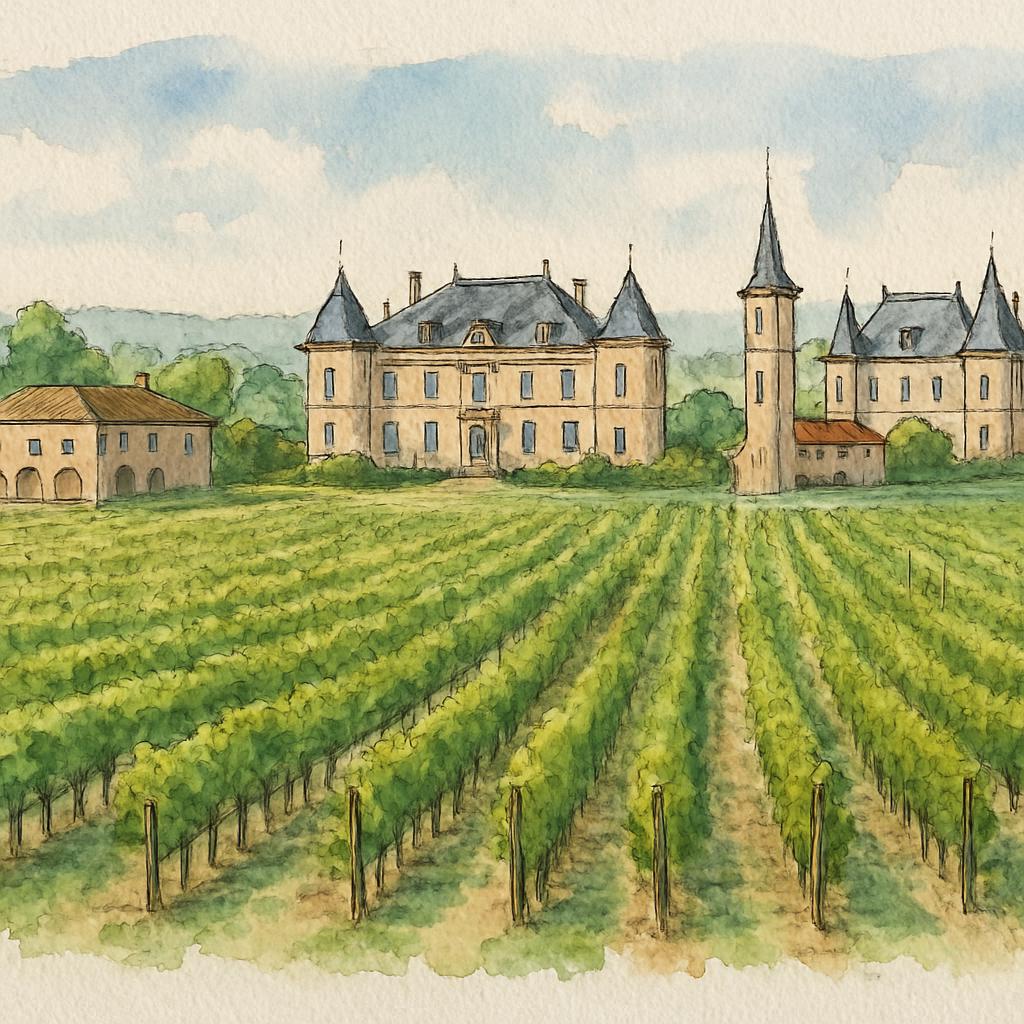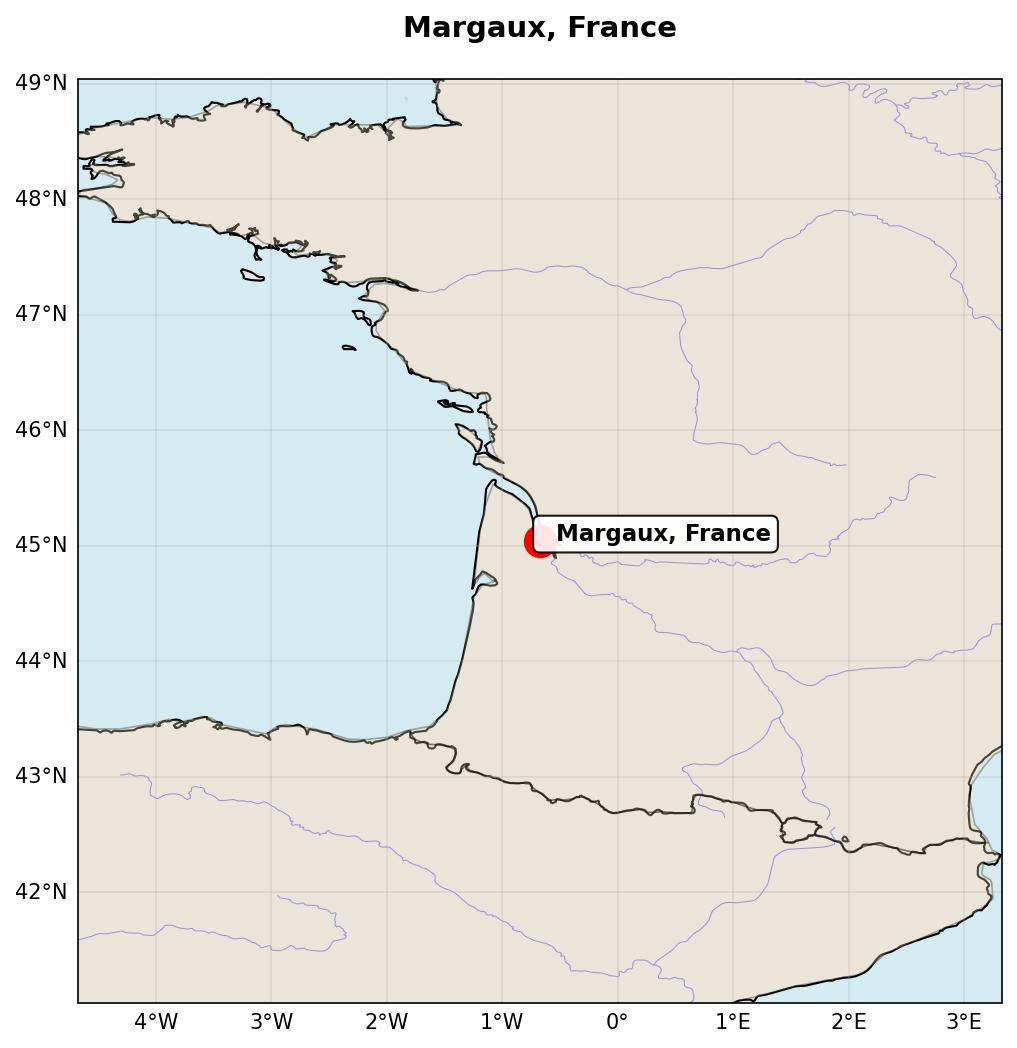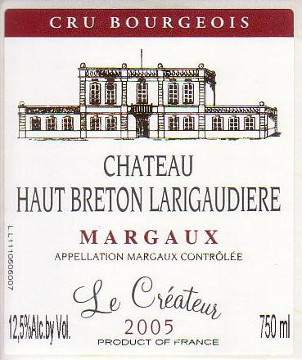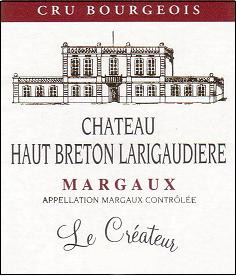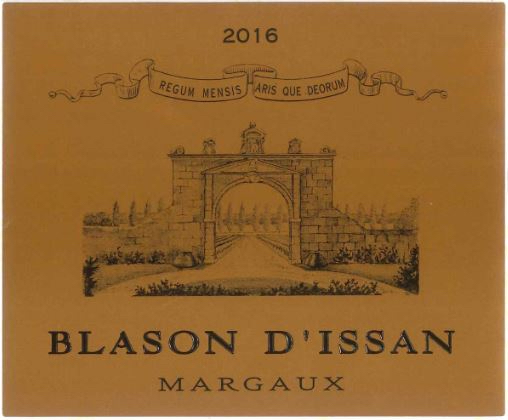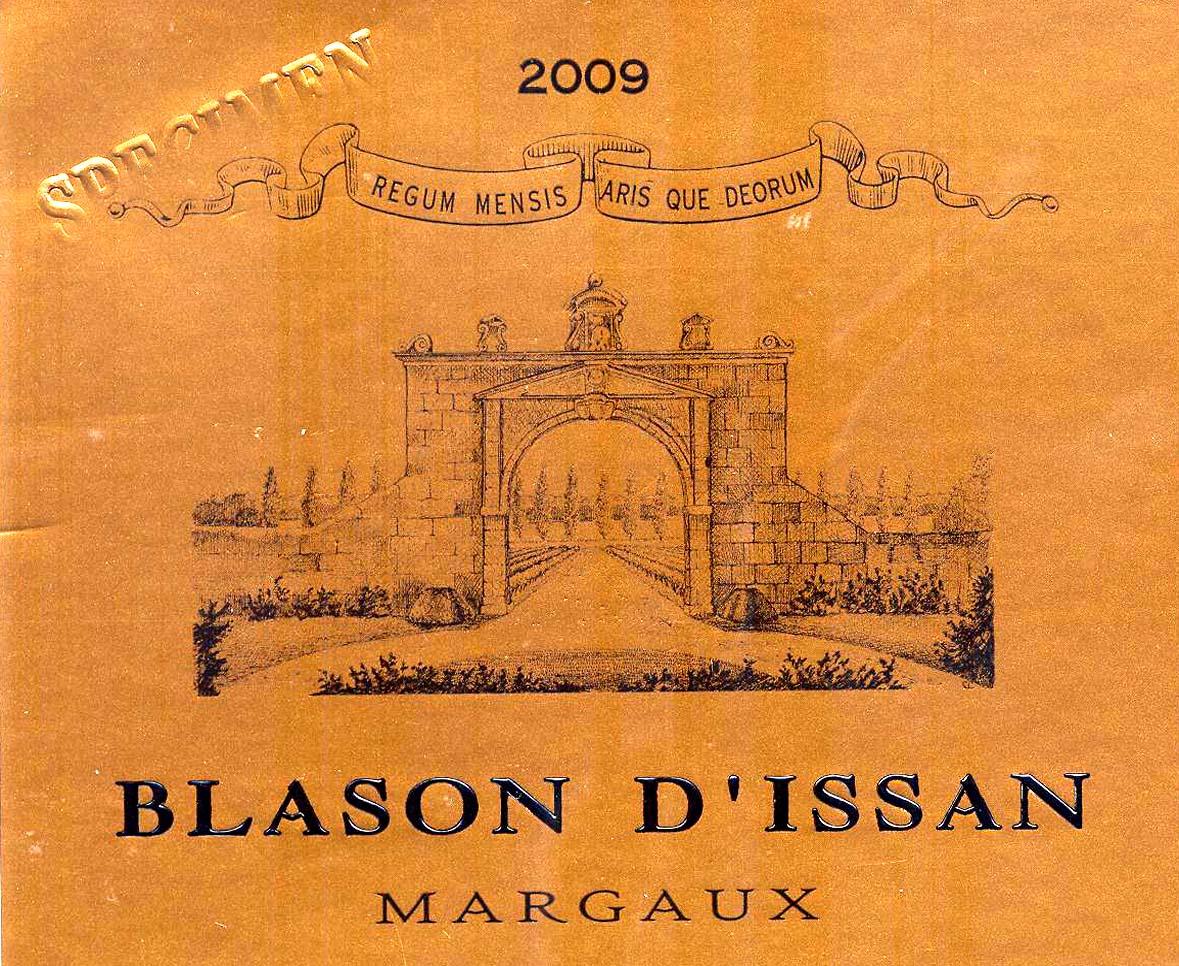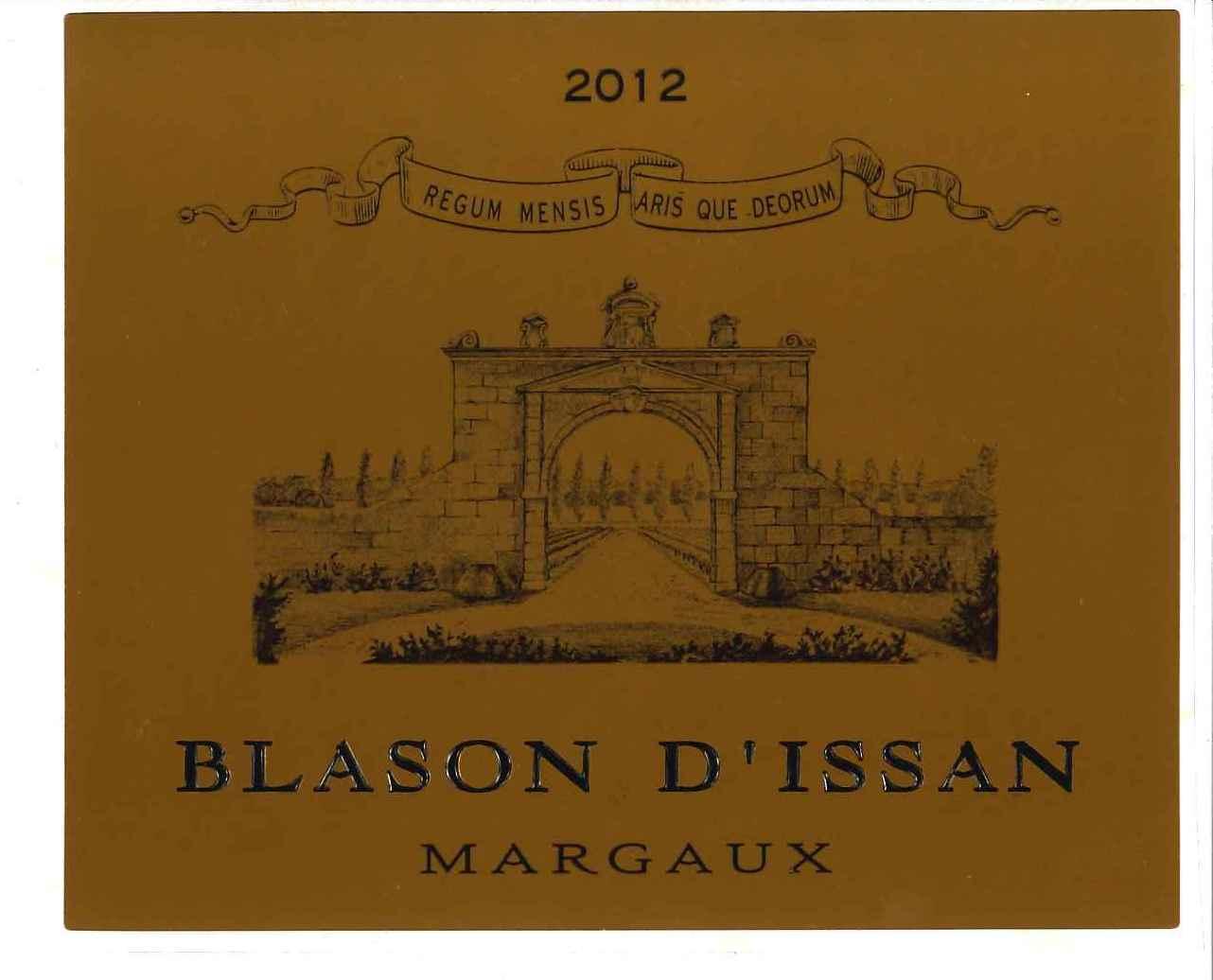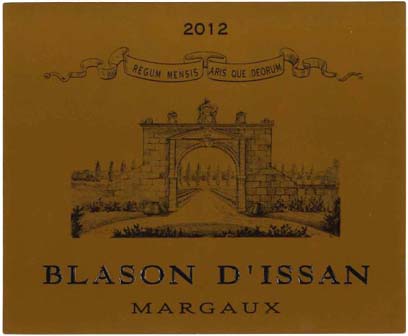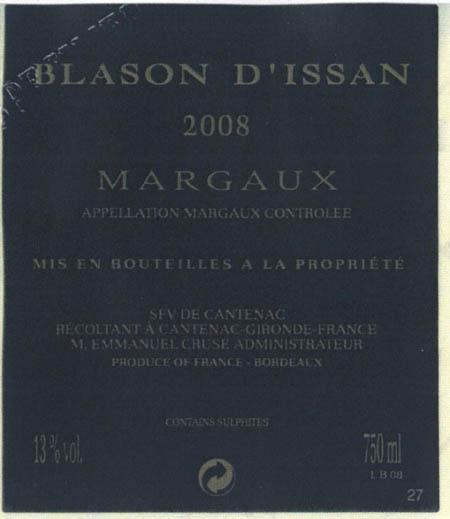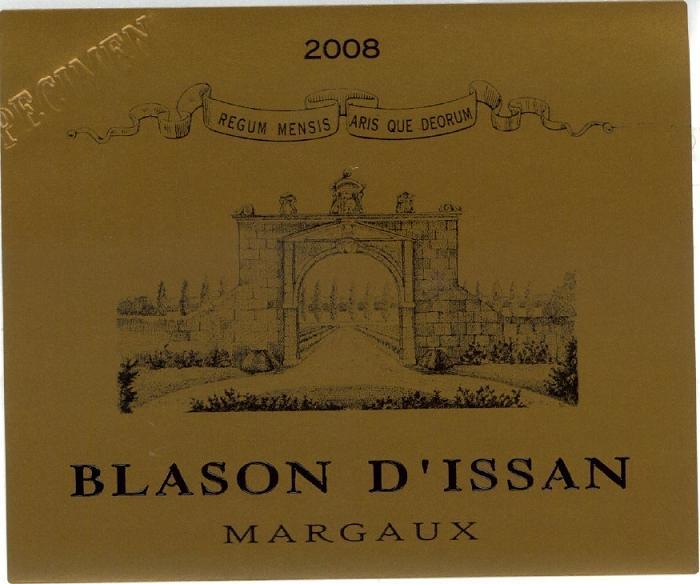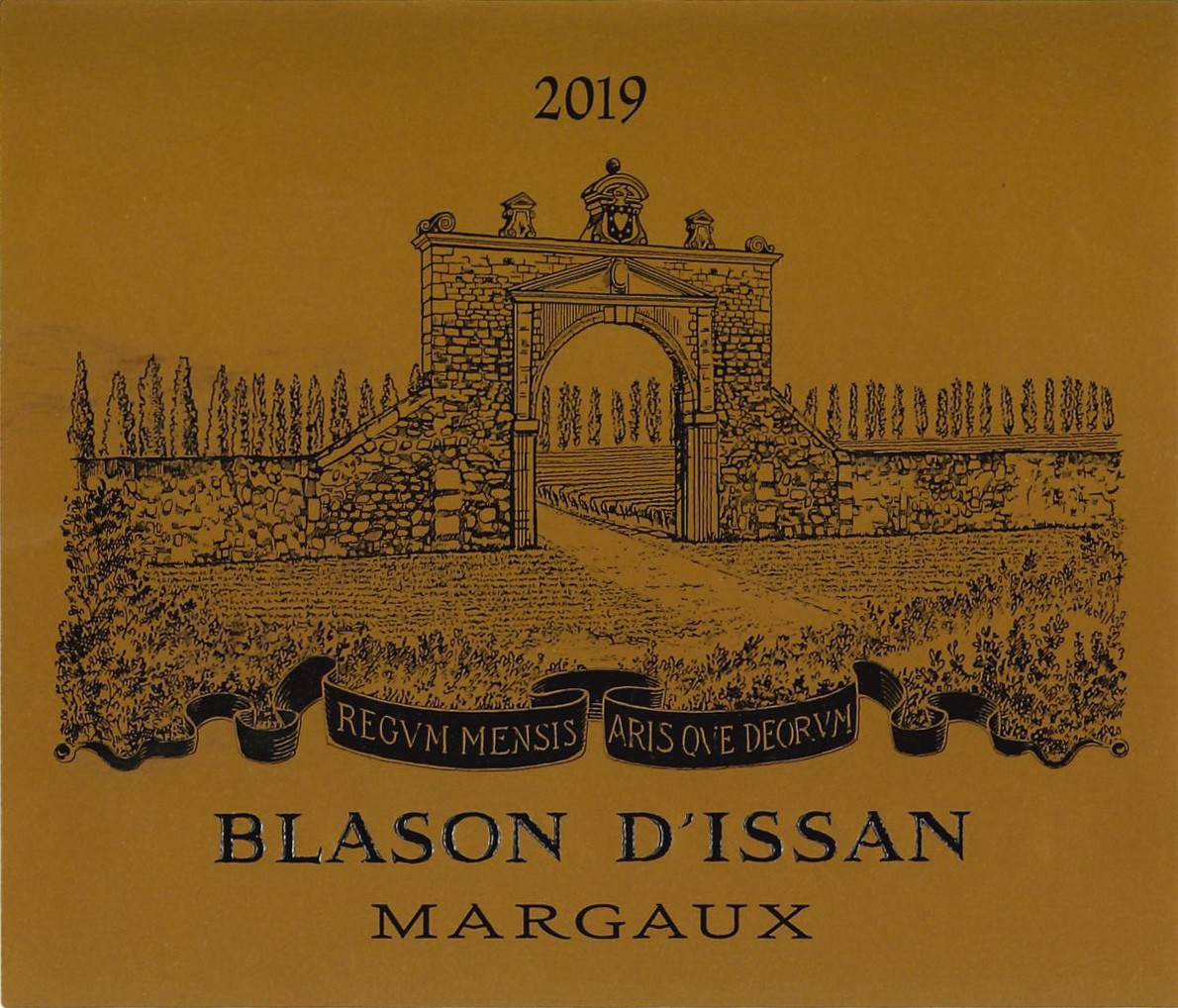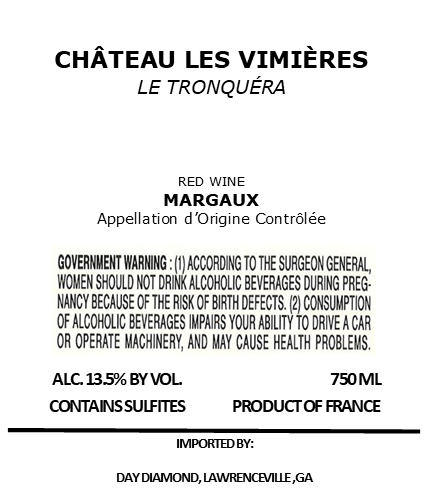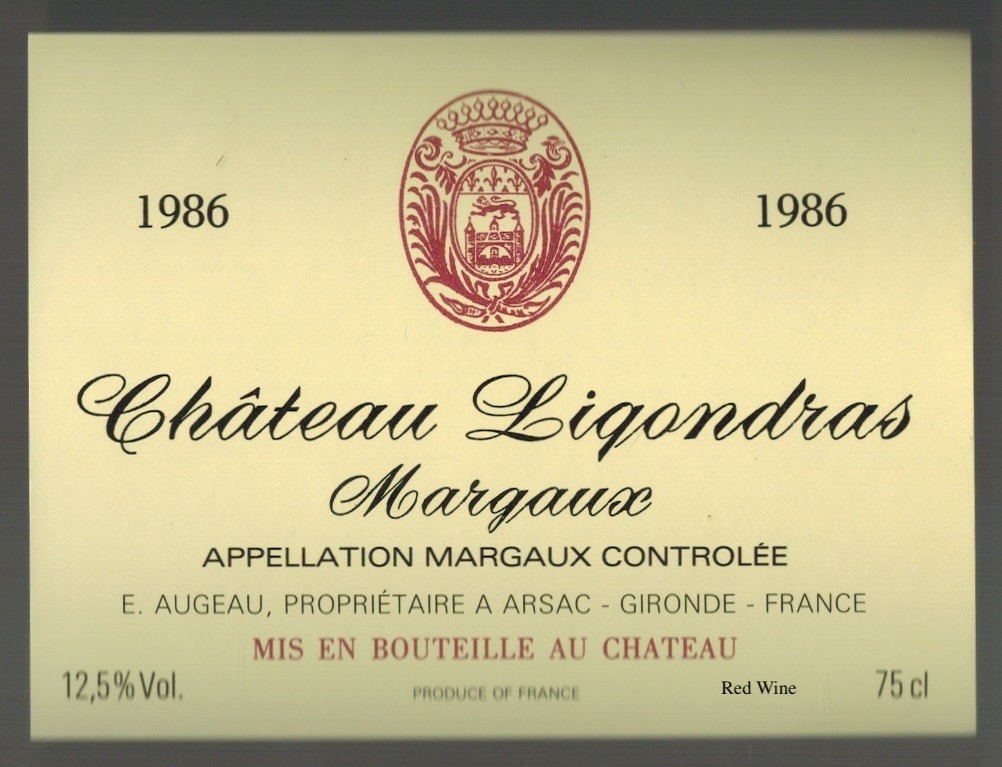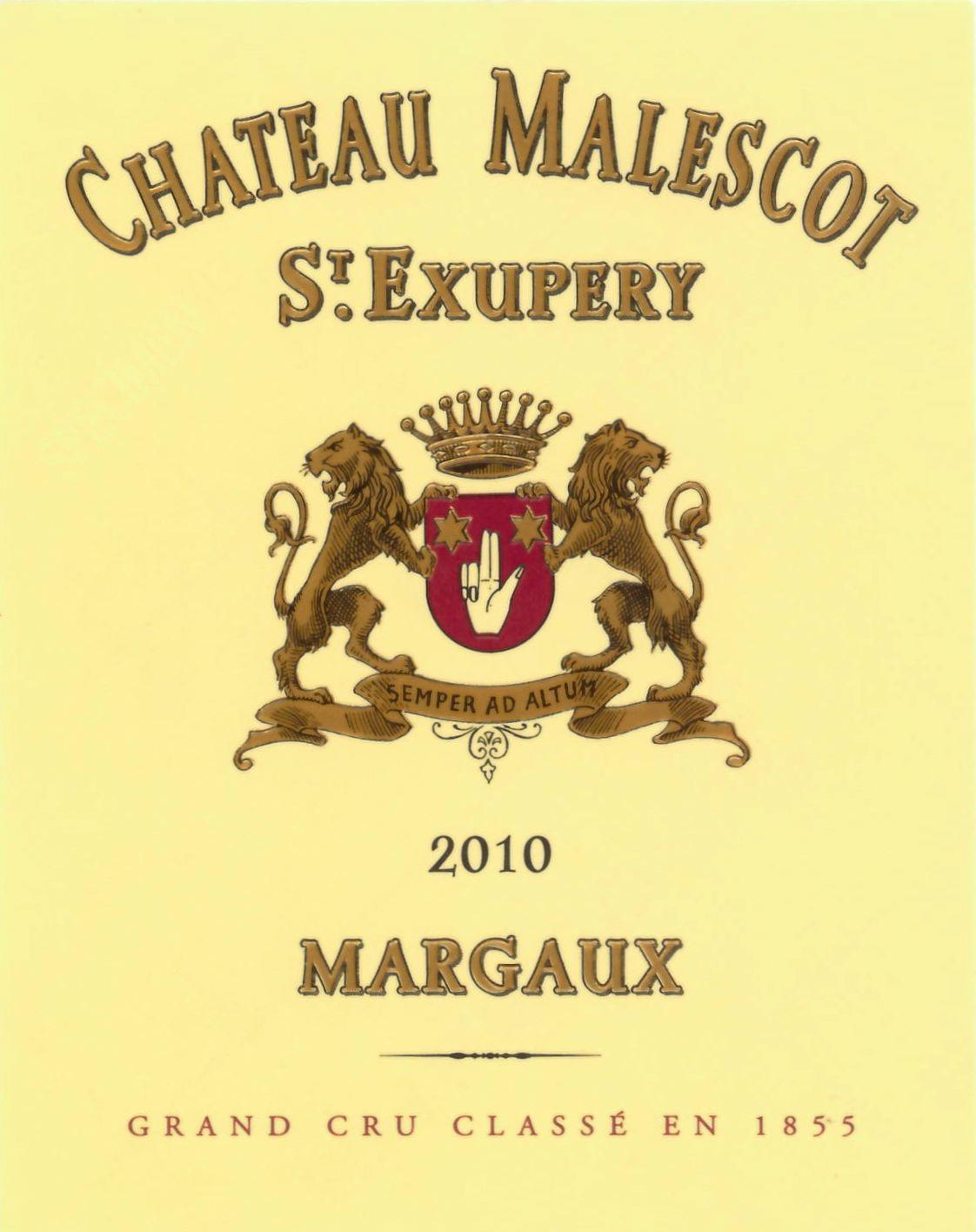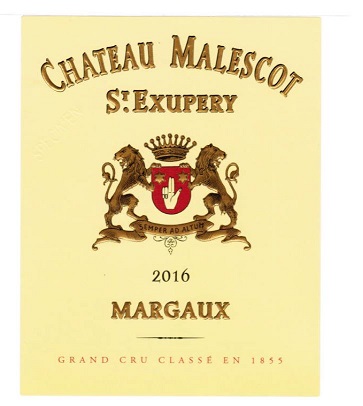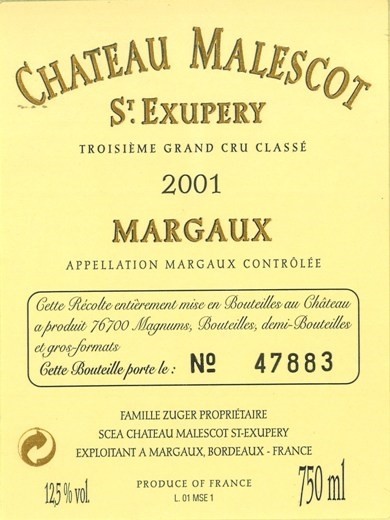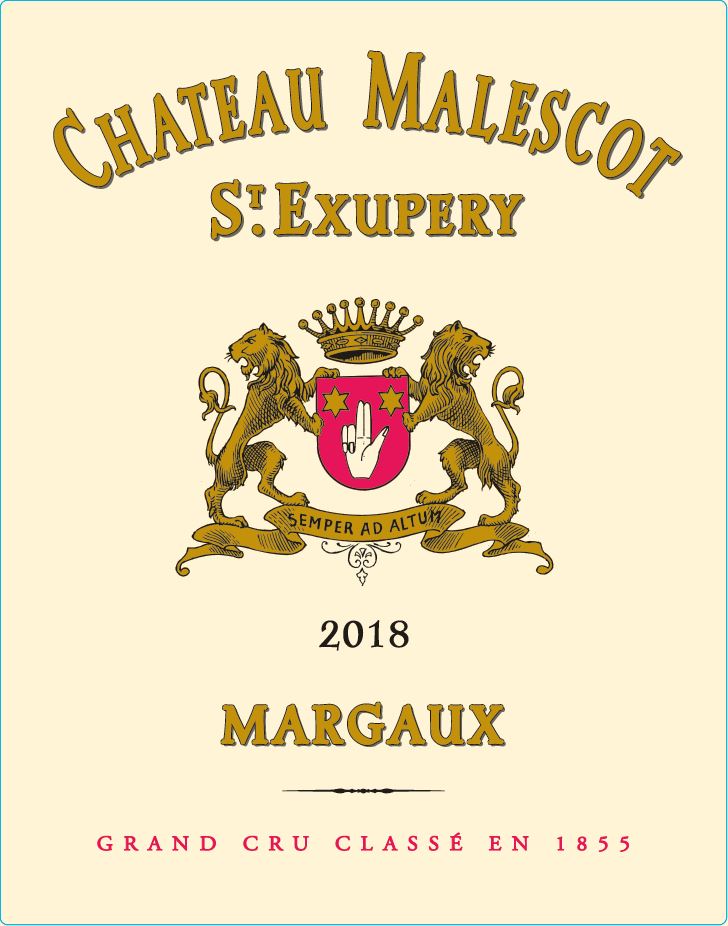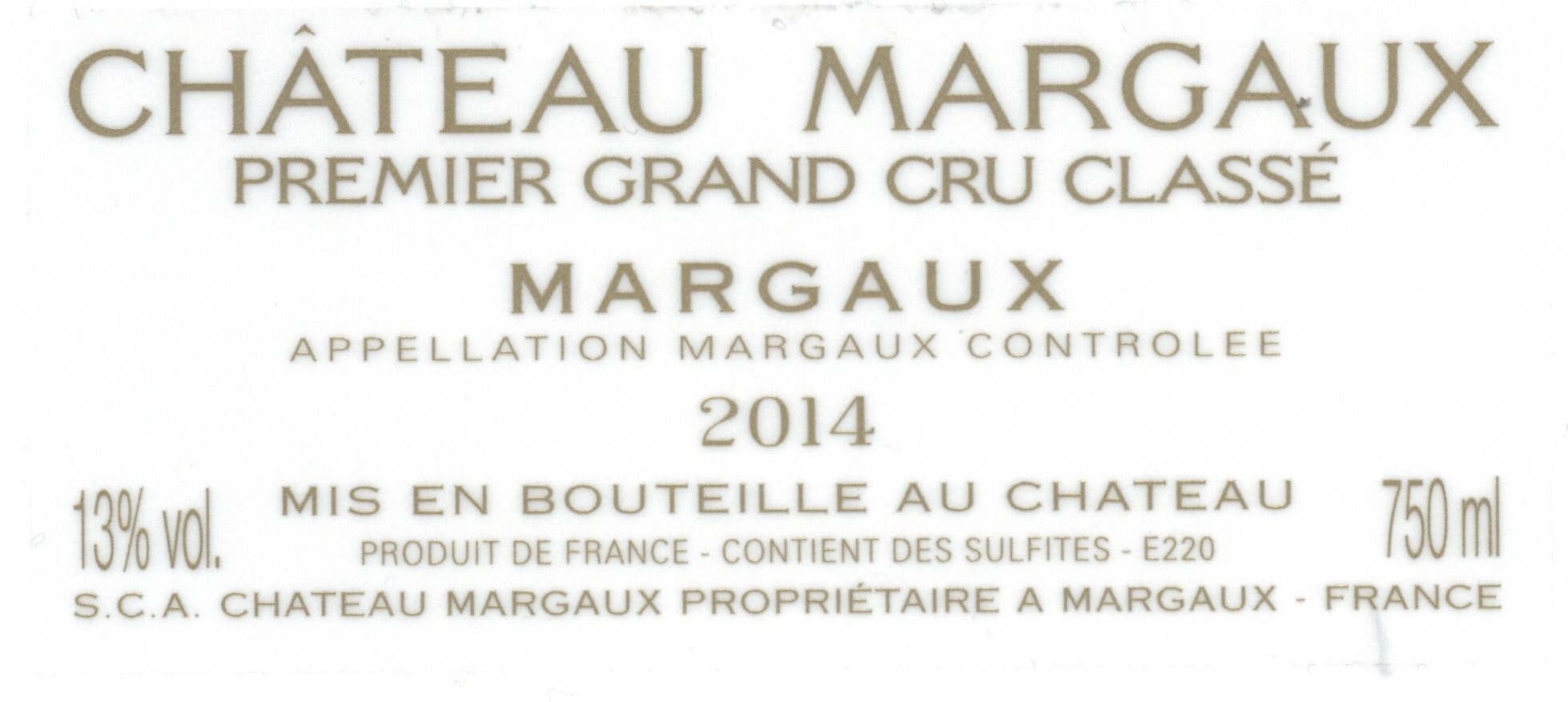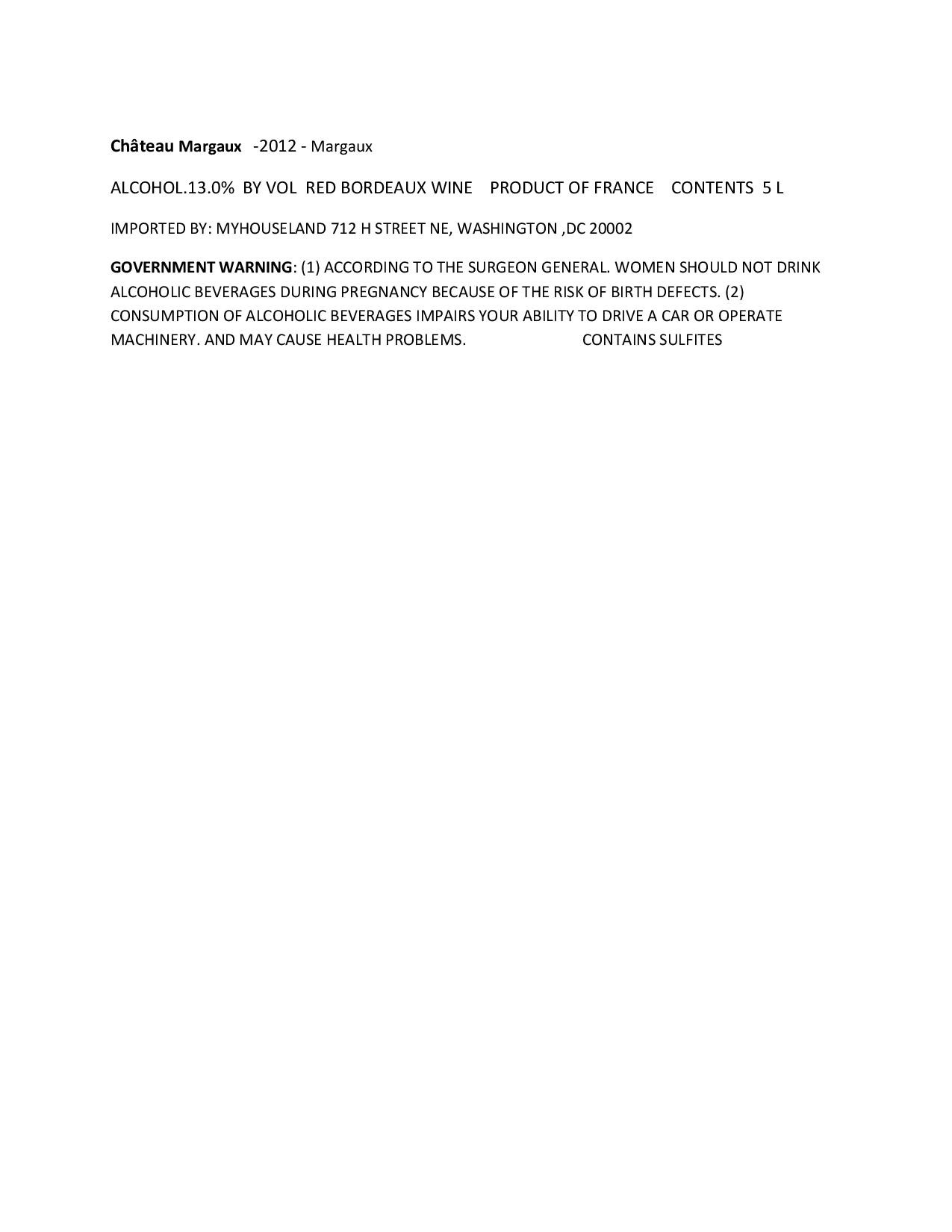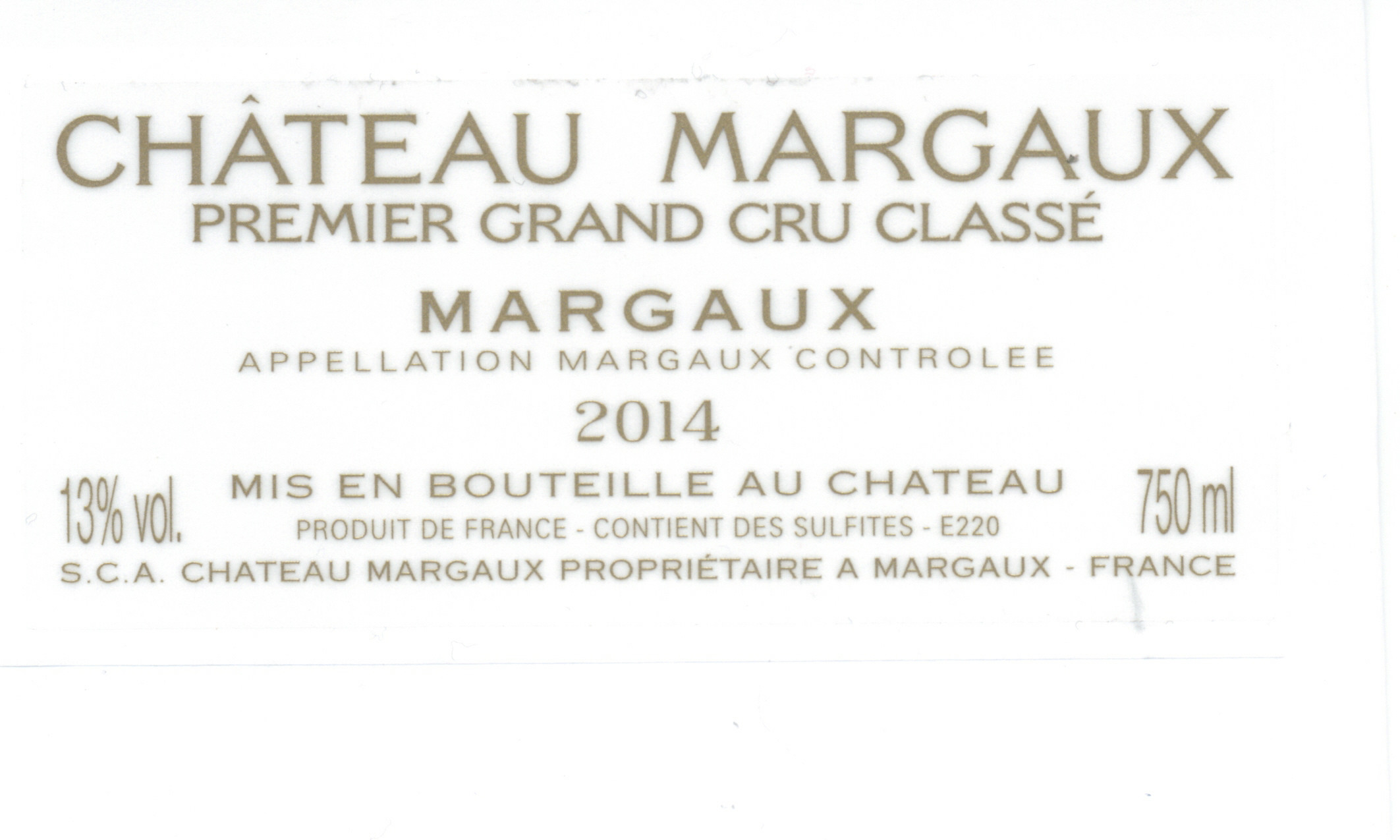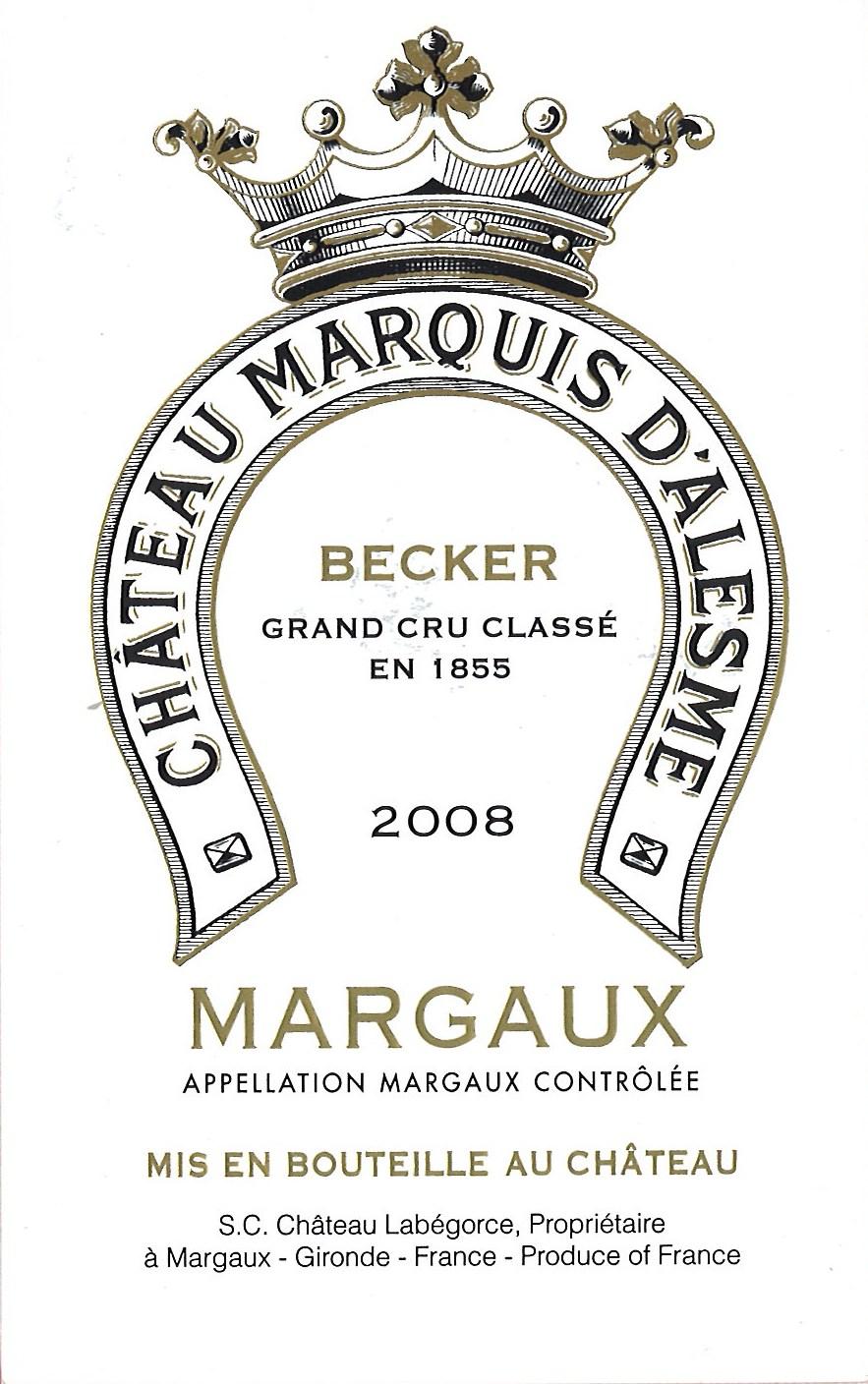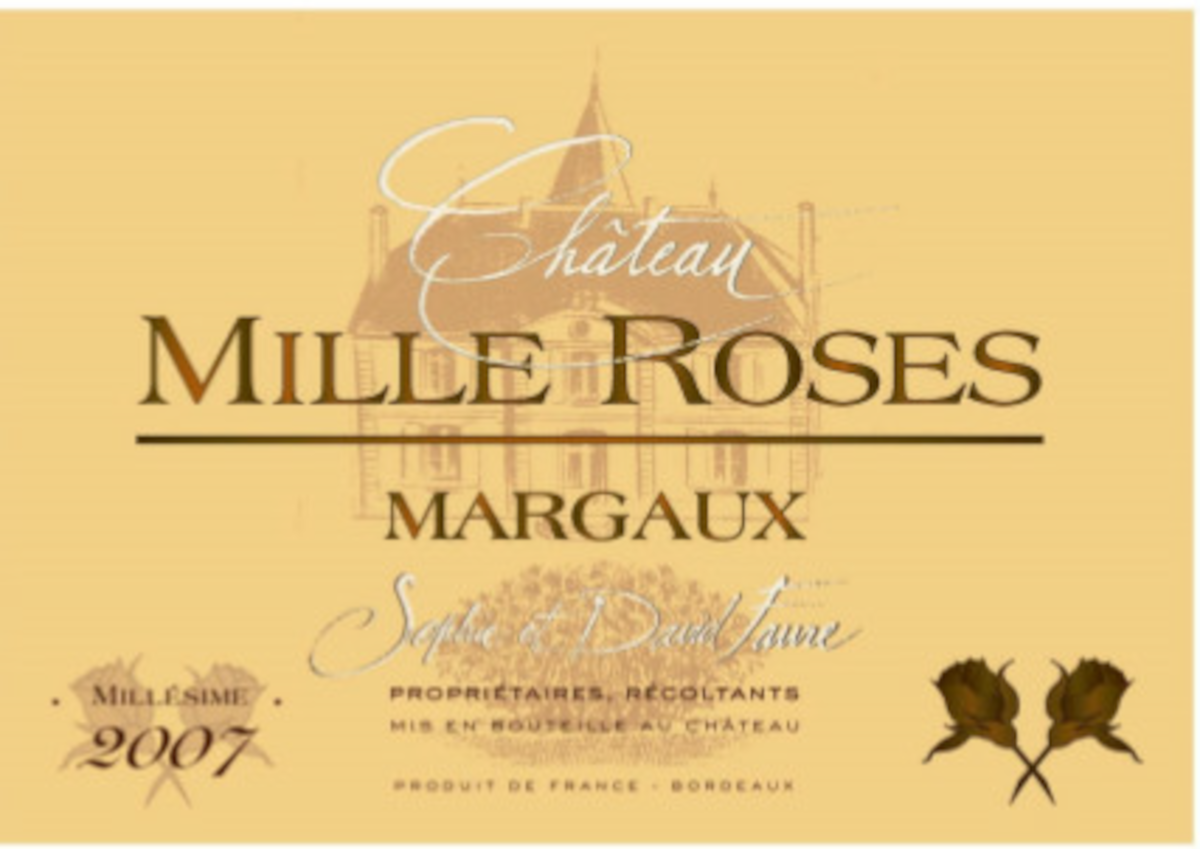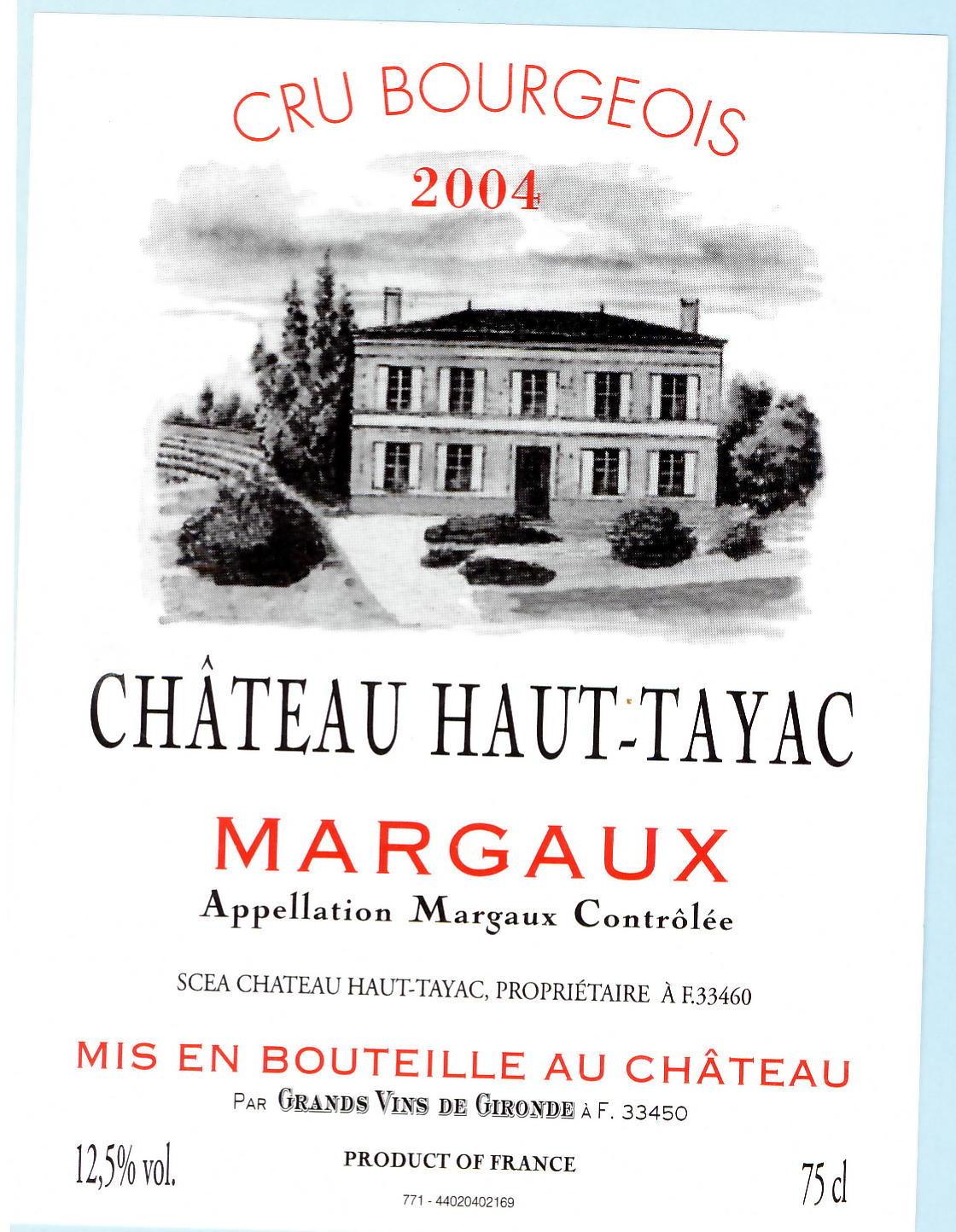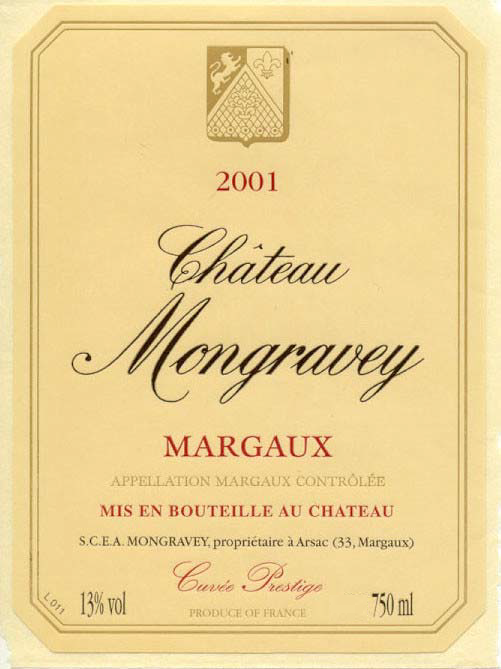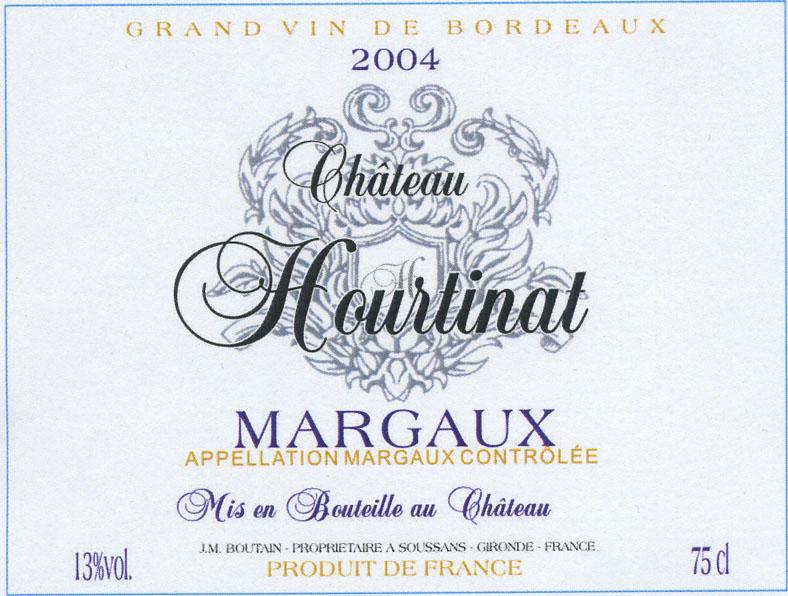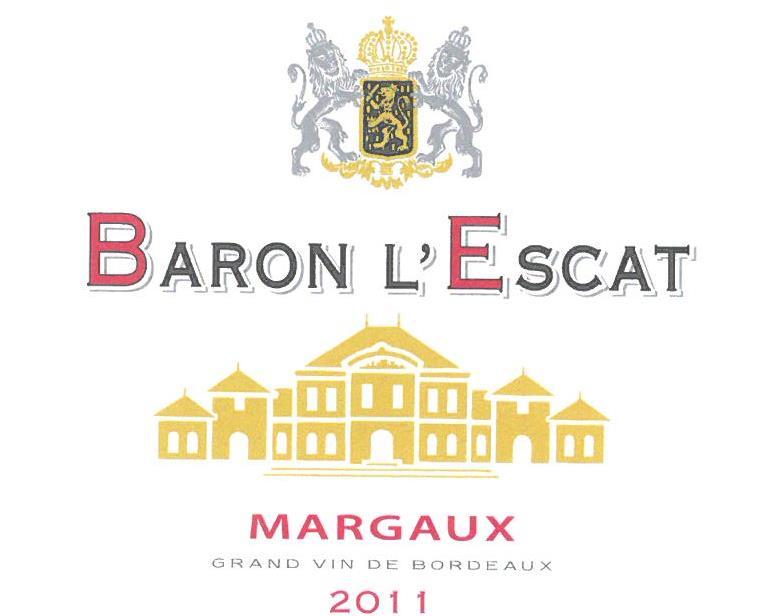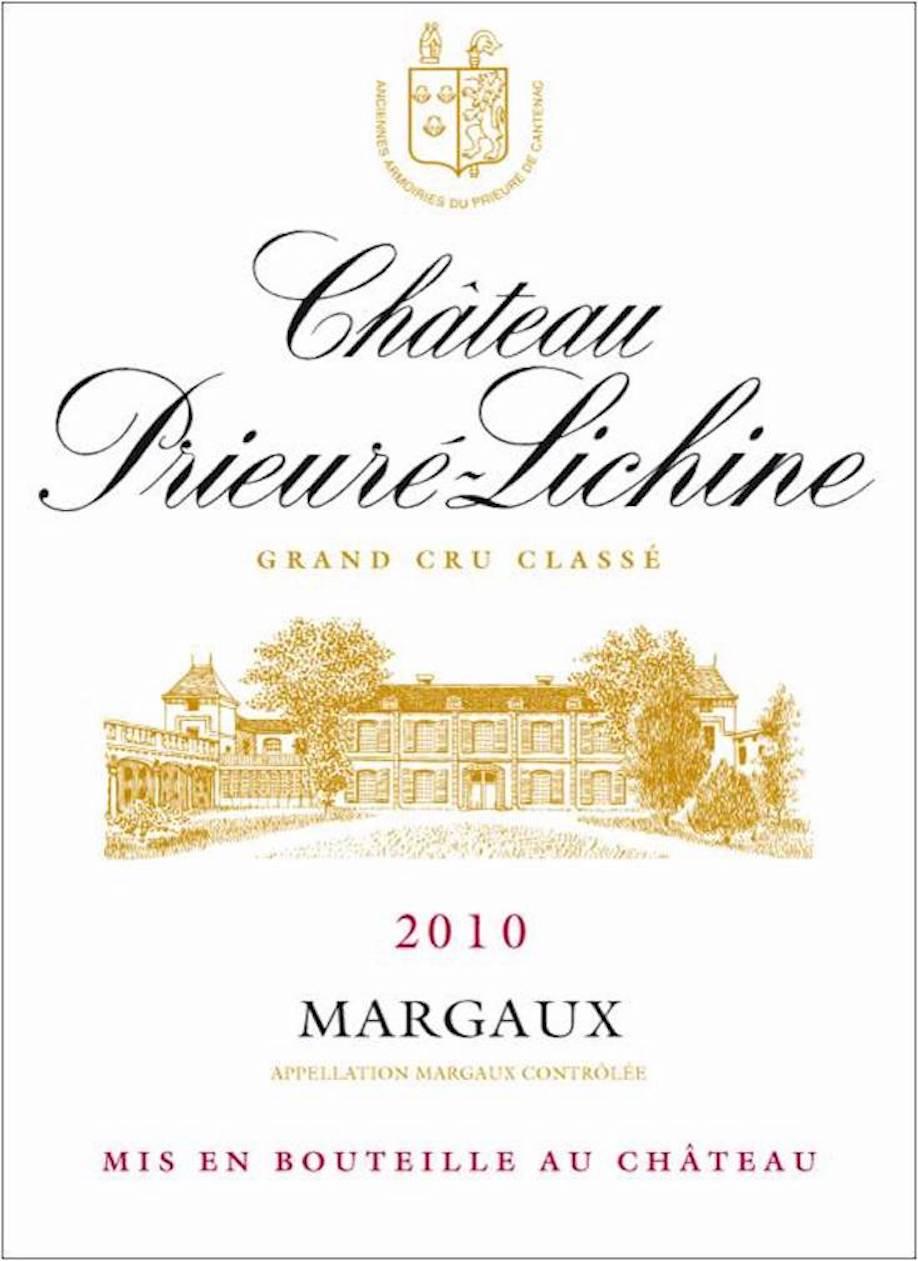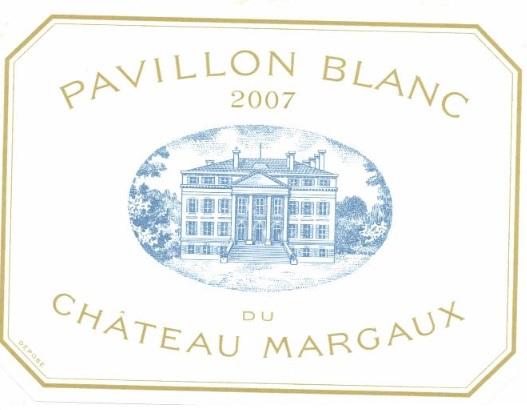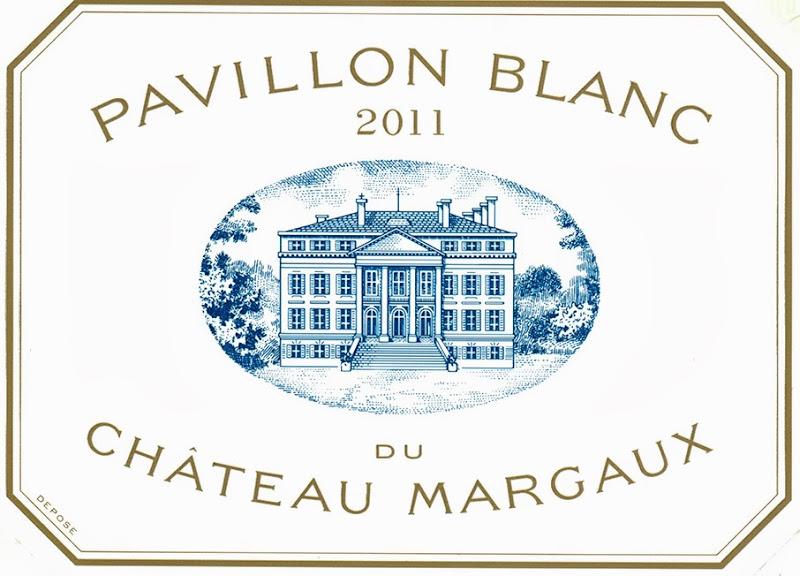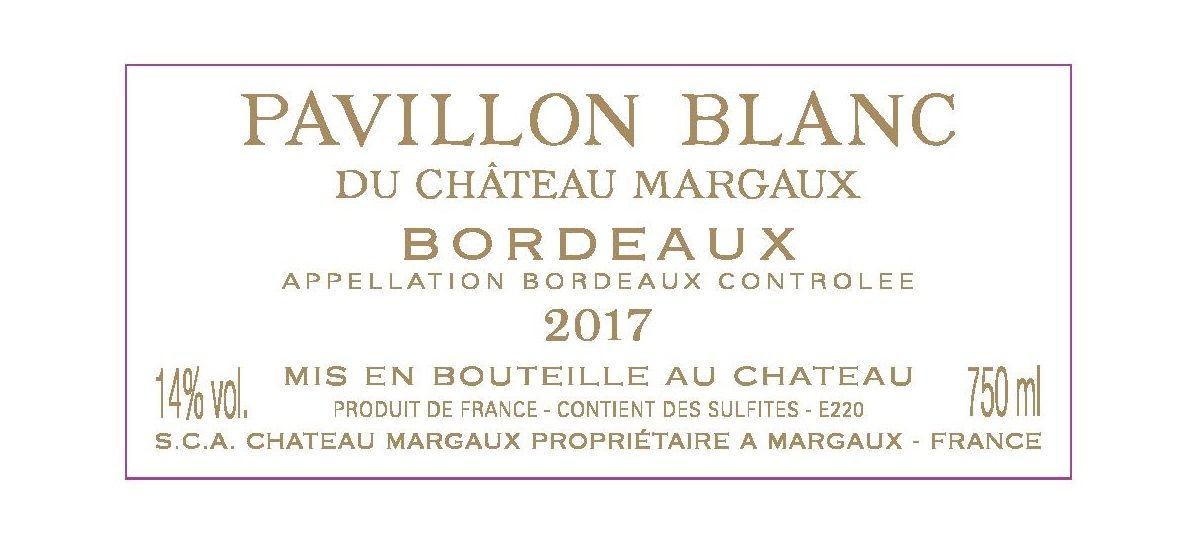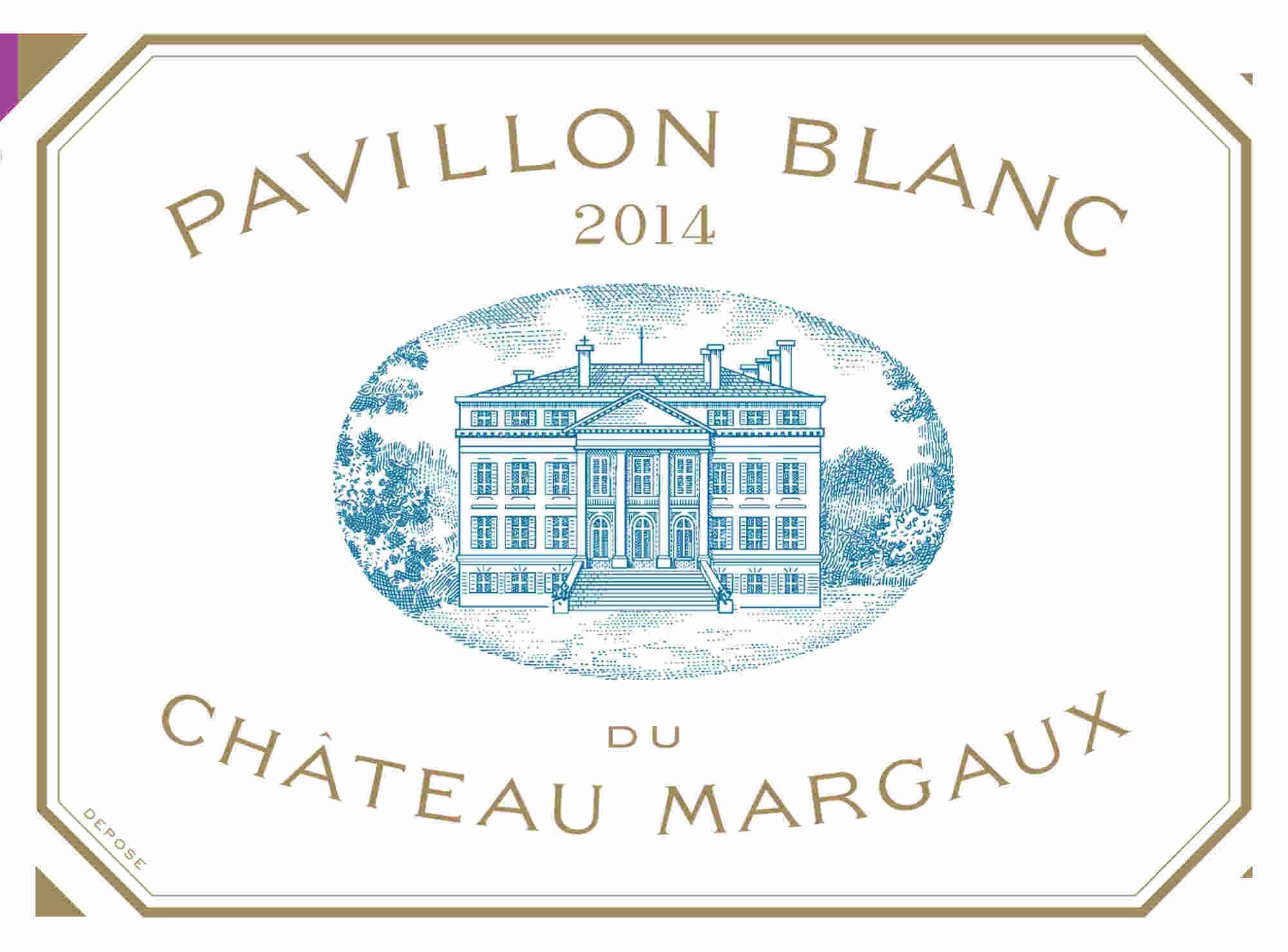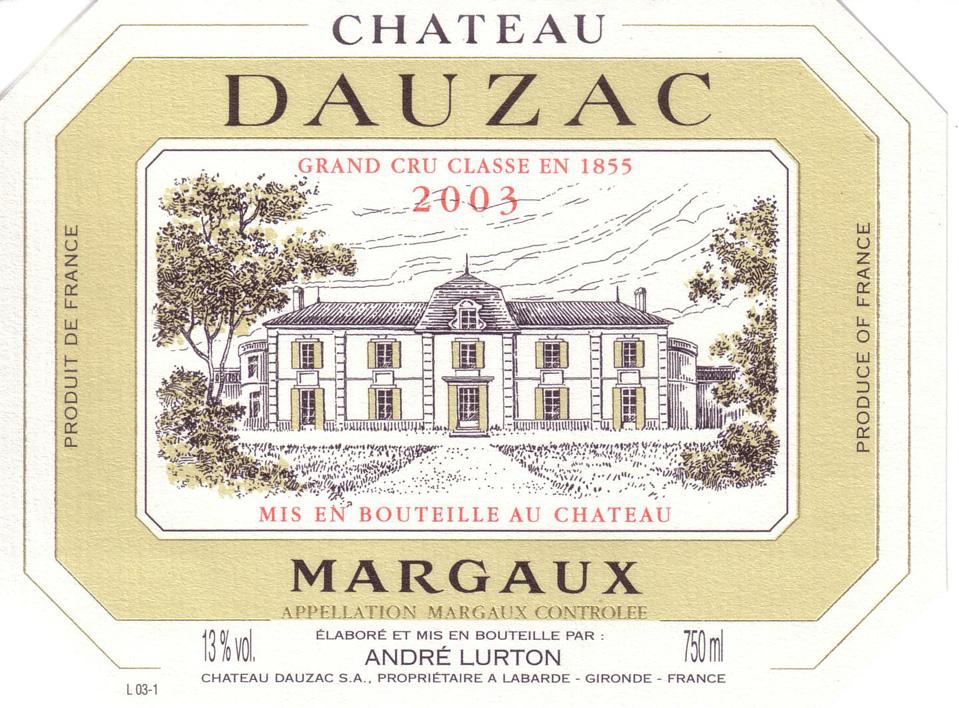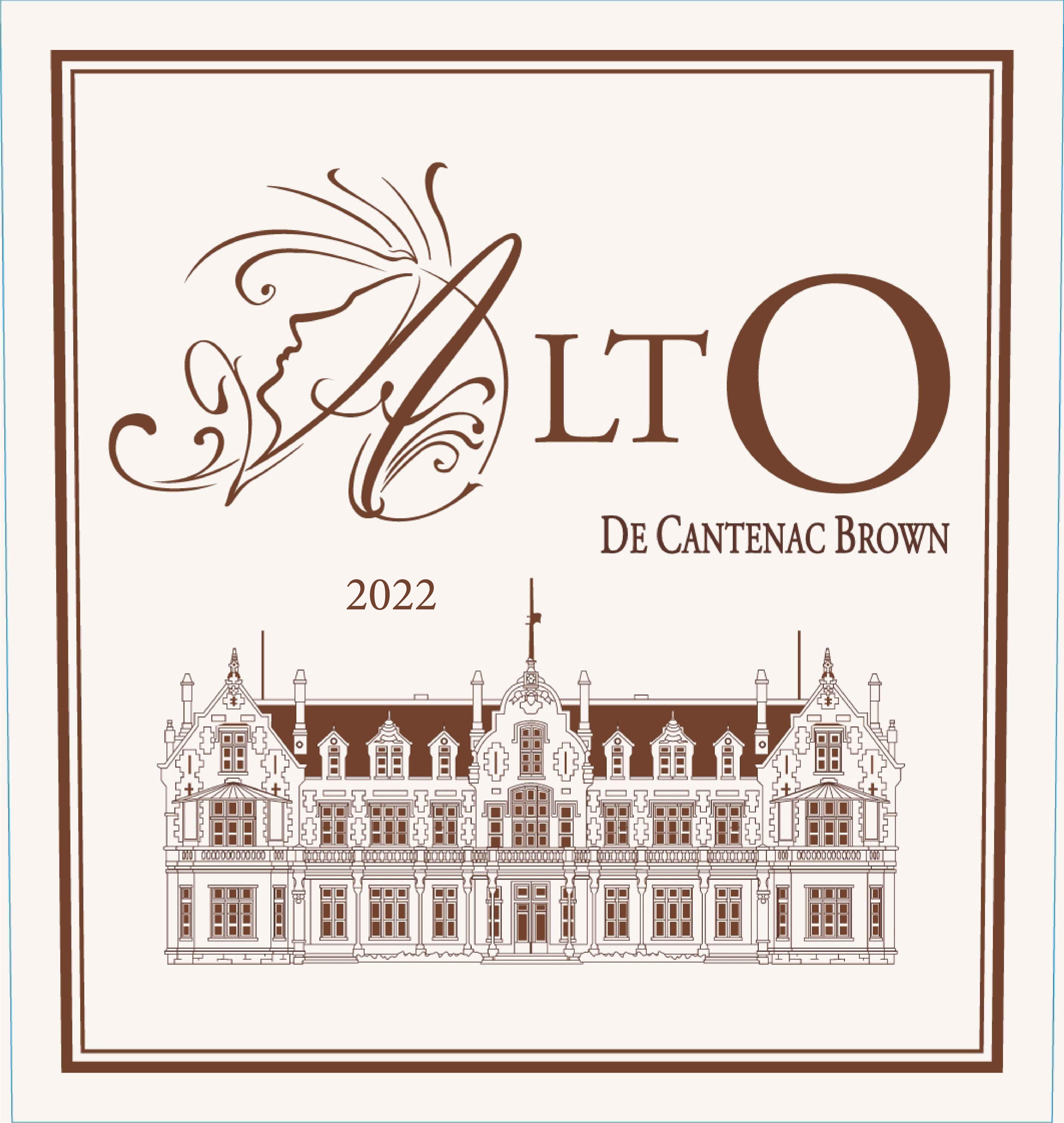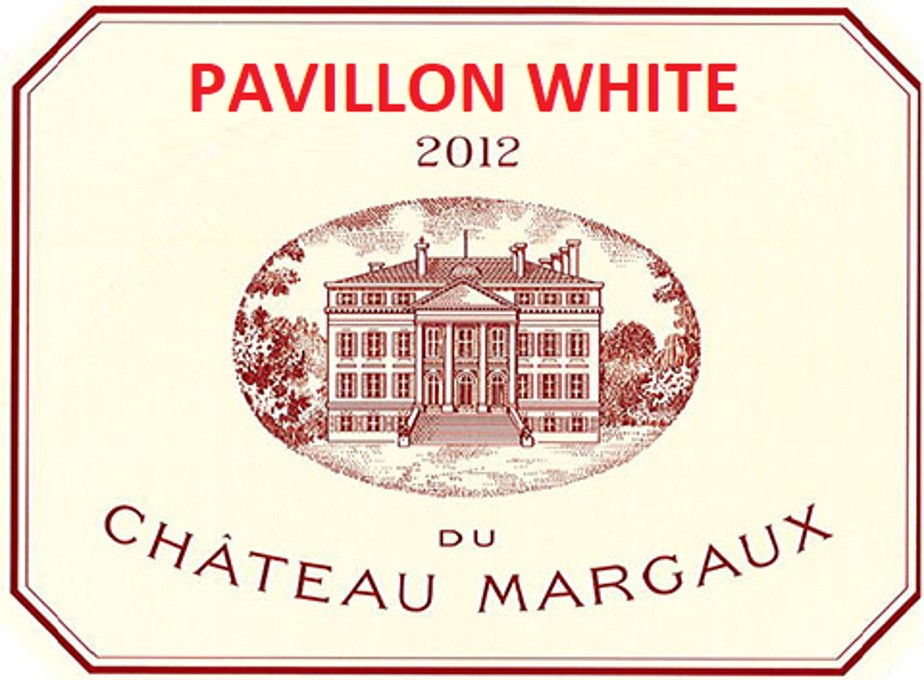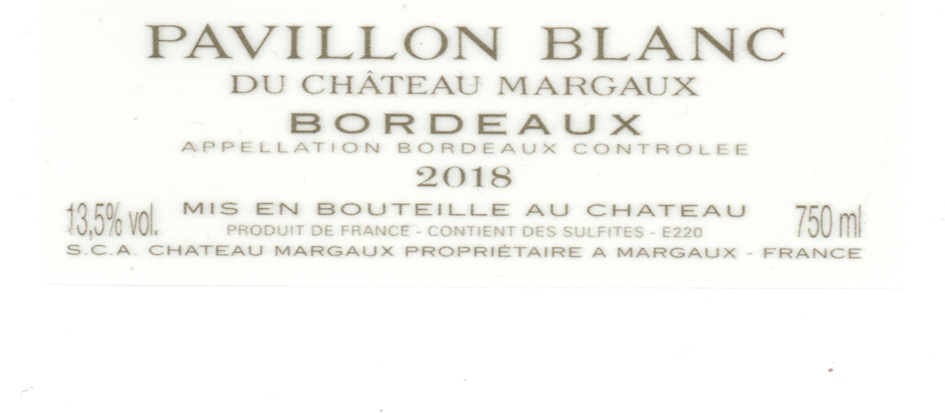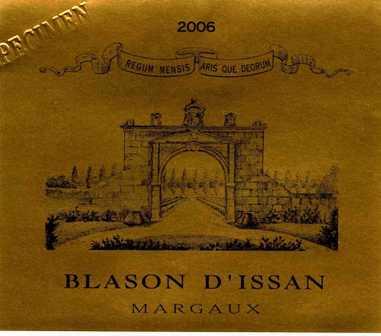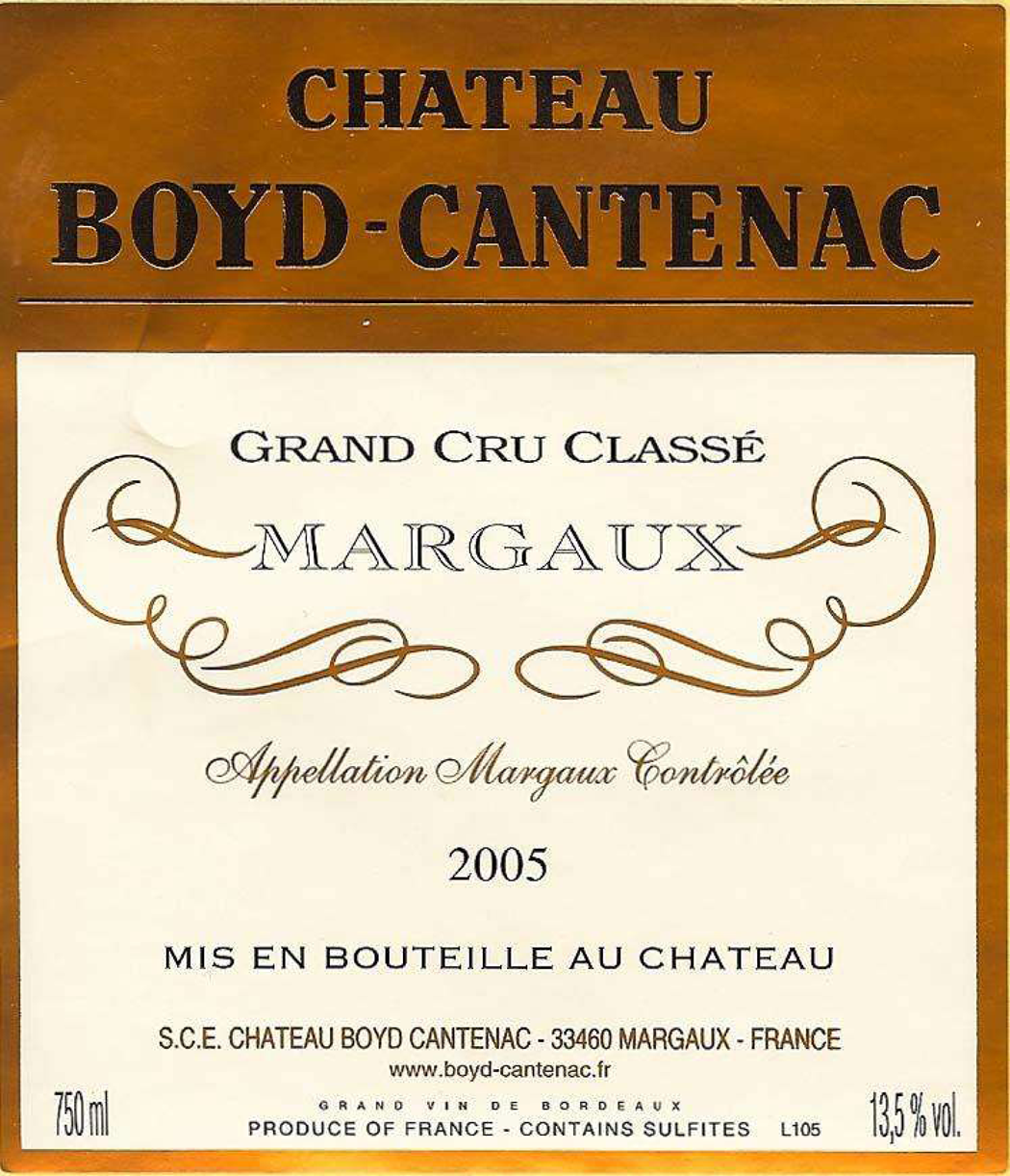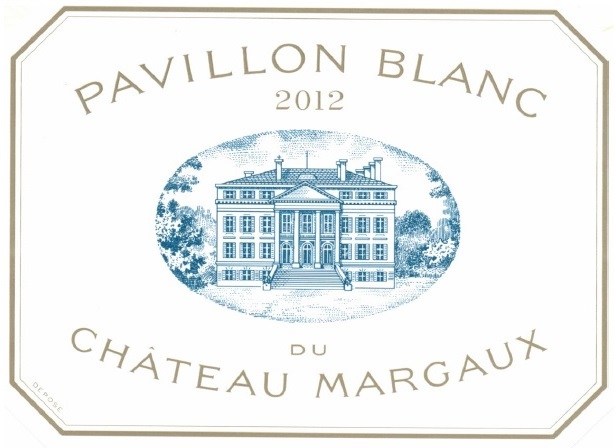Terroir of Margaux
Margaux's terroir is defined by deep alluvial gravel terraces resting on limestone, marl, and clay. These soils, rich in pebbles and low in fertility, ensure excellent drainage, encouraging deep root growth and concentrated grapes. The region's diverse gravel formations contribute to the complexity of its wines.
The climate is temperate oceanic, influenced by the Gironde estuary, with warm summers and mild winters. Receiving about 800 mm of rain annually, the well-drained gravel handles rainfall efficiently. As the southernmost Médoc commune, Margaux ripens earlier, typically harvesting from late September to early October. The low elevation and surrounding forests offer protection against frost, supporting full phenolic maturity and balanced acidity. This unique combination of gravelly soils and moderate maritime climate is ideal for crafting elegant, long-lasting Cabernet-based blends.
Notable Wineries in Margaux
Margaux, a jewel in the crown of Bordeaux, boasts a collection of illustrious wineries known for their exquisite red wines. Among them, Château Margaux stands out with its iconic architecture and legendary vintages, epitomizing First Growth excellence. Château Palmer leads in organic and biodynamic practices, crafting lush, luxurious blends. Château Rauzan-Ségla is celebrated for wines that gracefully age with elegance. Known for structured wines with cassis and cedar notes, Château Brane-Cantenac is deeply rooted in history.
Meanwhile, Château Cantenac-Brown is renowned for bold, richly spiced wines. Château Kirwan emphasizes finesse with its smooth, fragrant offerings. With powerful, modern wines, Château Lascombes is one of Margaux's larger estates. Château Giscours in Labarde excels in site-specific viticulture, and Château Dauzac champions sustainable farming. Completing the tapestry, Château du Tertre in Arsac crafts generous, blackberry-infused wines.
Sustainable Winemaking in Margaux
Margaux is at the forefront of sustainable winemaking, with nearly 80% of its vineyards boasting environmental certifications like Organic, Biodynamic, and Terra Vitis. This commitment to sustainability is evident as winemakers significantly reduce agrochemical use, with 80% of vineyards managed without herbicides. Innovative practices such as mulching and cover-cropping are common, enhancing biodiversity and creating habitats for wildlife.
Furthermore, local winegrowers have embarked on large-scale biodiversity projects, restoring wetlands and planting hedgerows to support bees and beneficial insects. The region is also dedicated to reducing its carbon footprint through the use of solar energy, lighter bottles, and water recycling. By integrating these forward-thinking practices, Margaux beautifully balances its rich winemaking heritage with a commitment to preserving its unique terroirs for future generations.
Wine Tourism in Margaux
Margaux offers a rich wine tourism experience grounded in its historical winemaking legacy and diverse terroir. Wine enthusiasts can explore renowned Grand Cru Classé châteaux such as Château Margaux and Château Palmer, which offer guided tours and tastings. Beyond the prestigious estates, visitors can also enjoy smaller, family-run domains known for organic and biodynamic practices, enhancing their connection to the land.
The scenic “Route des Châteaux” provides a picturesque backdrop for cycling, connecting visitors to local wineries, eateries, and charming accommodations. Cultural festivities and seasonal events highlight the village's vibrant atmosphere, allowing participants to experience Margaux wines paired with local cuisine. With its commitment to sustainability, Margaux not only preserves its unique terroirs but also offers an immersive journey into the world of environmentally conscious viticulture.
